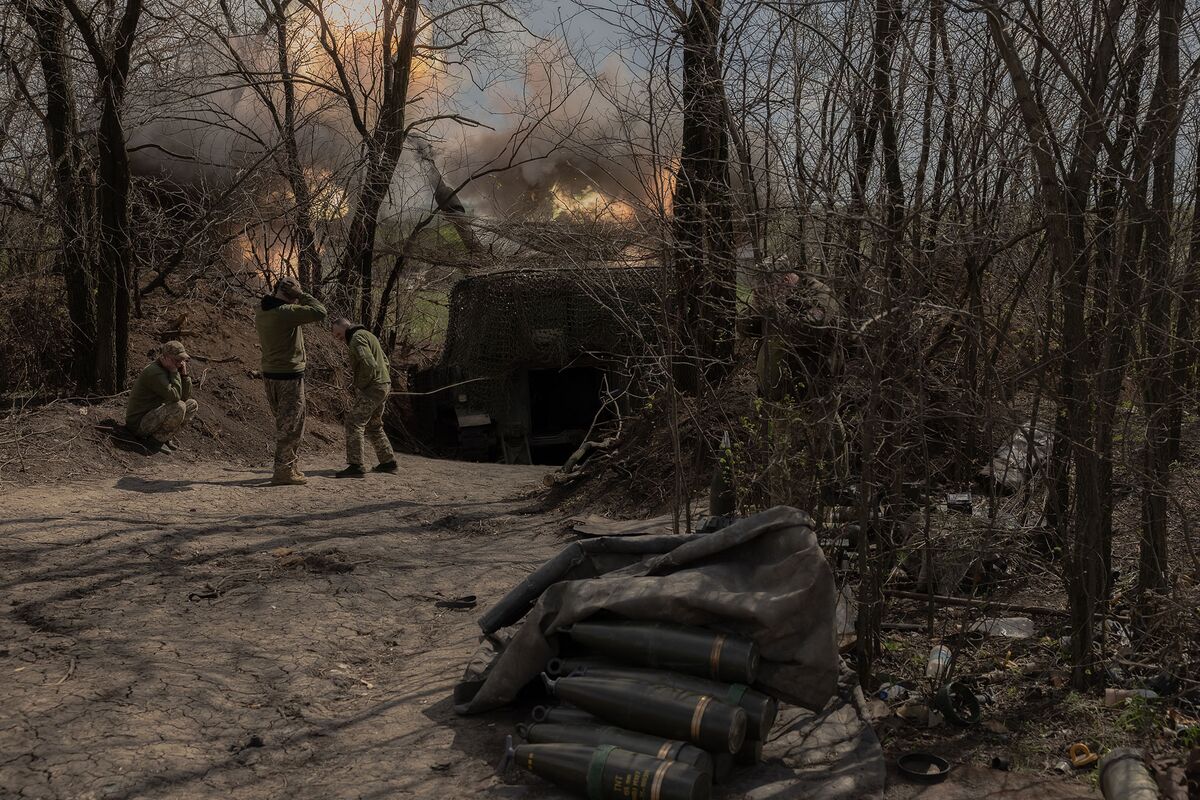Trump's Ukraine Gambit: Confronting Putin – A Risky Strategy?
Introduction: Donald Trump's approach to Russia and Ukraine has consistently been a source of both fascination and controversy. While his administration initially took a tough stance on Russia's annexation of Crimea, his subsequent actions and statements have often been perceived as ambiguous, leading to questions about the true nature of his foreign policy strategy. This article delves into the complexities of Trump's "Ukraine gambit," examining its potential benefits, risks, and long-term implications for the geopolitical landscape.
The Shifting Sands of US-Russia Relations:
Trump's presidency marked a significant shift in the traditionally adversarial relationship between the US and Russia. His campaign promises of improved relations with Moscow, coupled with his criticism of NATO, fueled speculation about a potential rapprochement. However, this initial optimism was repeatedly challenged by events, including Russia's interference in the 2016 US election and ongoing tensions in Ukraine.
- The Mueller Investigation: The investigation into Russian interference cast a long shadow over Trump's presidency, further complicating his relationship with Putin and raising questions about potential conflicts of interest.
- Sanctions and Counter-Sanctions: Despite attempts at dialogue, the Trump administration also imposed sanctions on Russia for its actions in Ukraine and elsewhere, leading to retaliatory measures from Moscow.
- The Syria Conflict: The diverging approaches of the US and Russia in Syria further highlighted the complexities of their relationship, demonstrating areas of both cooperation and conflict.
Trump's Ukraine Policy: A Balancing Act?
Trump's policy towards Ukraine was characterized by a complex interplay of seemingly contradictory actions. While providing military aid to Ukraine, he also expressed reluctance to directly confront Russia, leading to accusations of appeasement.
- Military Aid and Javelin Missiles: The Trump administration did provide lethal aid, including Javelin anti-tank missiles, to bolster Ukraine's defense capabilities against Russian-backed separatists. This represented a significant departure from previous administrations' hesitations.
- Controversial Phone Call: The infamous phone call between Trump and Ukrainian President Volodymyr Zelensky in 2019, where Trump allegedly pressured Zelensky to investigate Joe Biden, became a central point of contention in Trump's impeachment proceedings. This episode significantly damaged US-Ukraine relations.
- Energy Dependence: Some analysts suggest that Trump’s interest in fostering closer ties with Russia was, in part, driven by a desire to secure energy deals beneficial to the US. This, however, raised concerns about compromising national security for economic gain.
The Risks and Rewards of Confrontation:
Trump's approach, while often perceived as unpredictable, aimed to strike a balance between containing Russian aggression and avoiding direct military conflict. However, this strategy carried significant risks:
- Emboldening Putin: Critics argued that Trump's reluctance to strongly condemn Russian actions emboldened Putin, potentially leading to further escalation in Ukraine and elsewhere.
- Eroding Alliances: Trump's questioning of NATO's relevance and his sometimes ambivalent support for Ukraine raised concerns about the reliability of the US as a security partner, potentially undermining transatlantic alliances.
- Domestic Political Fallout: The controversy surrounding Trump's dealings with Ukraine led to significant domestic political turmoil, including impeachment proceedings and widespread public debate.
Conclusion:
Trump's "Ukraine gambit" remains a subject of ongoing debate and analysis. While some argue that his approach, despite its flaws, effectively managed the risk of direct military conflict with Russia, others contend that it weakened the US's standing in the world and emboldened Putin. The long-term consequences of Trump's policies towards Ukraine and Russia continue to unfold, shaping the geopolitical landscape and influencing the strategic choices of subsequent administrations. Further research and analysis are needed to fully understand the impact of this complex and controversial period in US foreign policy.
Keywords: Trump, Ukraine, Putin, Russia, foreign policy, NATO, sanctions, impeachment, geopolitical, military aid, Javelin missiles, Russia-Ukraine conflict, US-Russia relations.
Call to Action: What are your thoughts on Trump's approach to the Ukraine conflict? Share your opinions in the comments section below.

